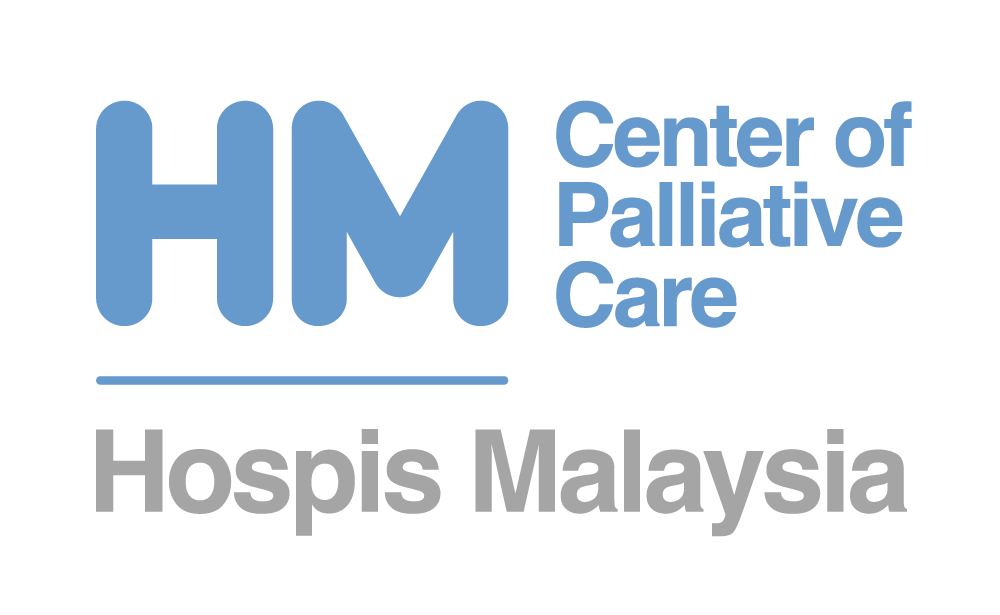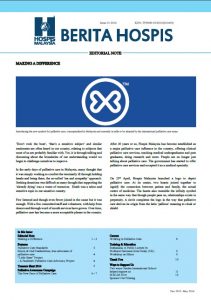Don’t rock the boat’, ‘that’s a sensitive subject’ and similar sentiments are often heard in our country, relating to subjects that most of us are probably familiar with. Yet, it is through talking and discussing about the boundaries of our understanding would we begin to challenge ourselves to improve. In the early days of palliative care in Malaysia, many thought that it was simply working to comfort the terminally ill through holding hands and being there, the so-called ‘tea and sympathy’ approach. Seeking donations was difficult as many thought that supporting the ‘already dying’ was a waste of resources. Death was a taboo and sensitive topic in our sensitive country.
Few listened and though even fewer joined in the cause but it was enough. With a few committed staff and volunteers, with help from donors and through word of mouth services have grown. Over time, palliative care has become a more acceptable phrase in the country. After 20 years or so, Hospis Malaysia has become established as a major palliative care influence in the country, offering clinical palliative care services, teaching medical undergraduates and postgraduates, doing research and more. People are no longer just talking about palliative care. The government has started to offer palliative care services and accepted it as a medical specialty.
On 25th April, Hospis Malaysia launched a logo to depict palliative care. At its centre, two hearts joined together to signify the connection between patient and family, the actual centre of medicine. The hearts also resemble the infinity symbol in the same way that though people pass on, relationships exists in perpetuity. A circle completes the logo in the way that palliative care derives its origin from the latin ‘pallium’ meaning to cloak or shield.

